Abdul Karim Telgi, the rise and fall of India's stamp paper scam kingpin
Fri 27 Oct 2017, 14:51:20
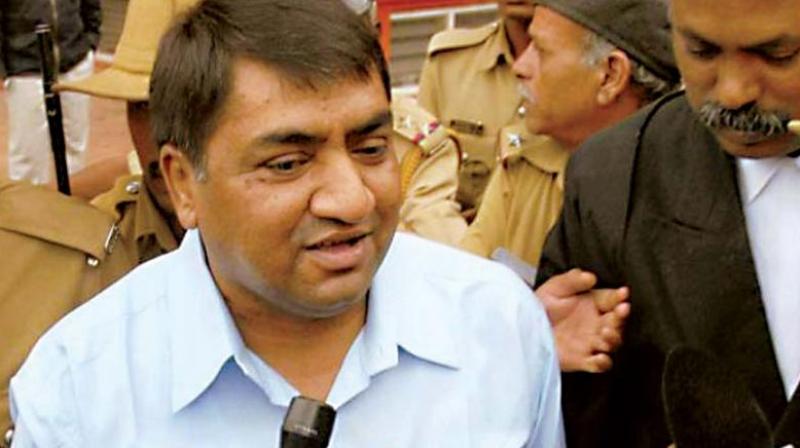
Abdul Karim Telgi, the kingpin of a multi-crore counterfeit stamp paper scam , began as a furniture sales executive with a salary of Rs 3,800 in Mumbai.
Telgi, 56, died in Bengaluru hospital on Thursday while serving a 30-year-term for his role in the stamp paper racket. It is alleged that between 1993 and 2002, he cultivated officers in the government security press in Nashik and purchased machinery at government auctions to print counterfeit stamp papers. He then sold them at a discount to bulk purchasers such as banks, insurance firms and stock brokerage firms.
Investigators estimated Telgi's personal worth at his prime exceeded a hundred crores and he owned about 36 properties across the country.
Telgi -- the second of three siblings -- was born in Khananpur near Belgaum. His father, a railway employee, died when he was a child. Telgi funded his studies at an English medium missionary school by selling vegetables and fruits on trains. He graduated from Belgaum's Gogate College of Commerce and went to Saudi Arabia for seven years.
After returning to India, he began his career as a sales executive in Mumbai and then managed a guest house in Colaba in south Mumbai. It was while he was working for a fraudulent manpower consultancy firm that he was jailed for the first time.
He was released in 1994 and the same year, he got a government license for selling stamp papers and printing dye from the Nashik-based India Security Press, which is run by the government. In no time, Telgi had put in place four of his own printing facilities.
Abdul Karim Telgi (centre) is produced in a court in Ahmadabad in March 2009. (AP file photo)
Bribing his way ahead
Telgi allegedly bribed his way to run his scam. After the racket was uncovered, investigators searched for authorised vendors who had sent bogus papers to the stamp duty officials. Politicians and police were also accused of being complicit in the scam. Telgi allegedly bribed Delhi Police officials to stop them from investigating him, several media reports say.
In an article for The Hindu, journalist Anil Dharker
says that Telgi found the legitimate ways of making money too slow for his liking. He also "learnt that the right sum of money into the right pocket at the right time ensures that an official head will look the wrong way when wanted", writes Dharkar.
says that Telgi found the legitimate ways of making money too slow for his liking. He also "learnt that the right sum of money into the right pocket at the right time ensures that an official head will look the wrong way when wanted", writes Dharkar.
When a team of Special Investigation Team officers on January 9, 2003 visited the Colaba flat of Telgi, they were in for a surprise. Telgi, who was then under the custody of the Mumbai Crime Branch, was tucking into a lavish meal. Three police escorts lay asleep close by and two police inspectors who were supposed to keep a watch on him were absent.
He again courted controversy in August after former DIG (Prisons) D Roopa alleged that Parappana Agrahara Central Prison authorities were giving him preferential treatment. News agency ANI also reported that Telgi was "allotted" inmates who would give him body massages.
Pleading guilty on his wife's advice
Telgi pleaded guilty in 2007, reportedly on the advice of his wife Shahida who was also a co-accused in the scam.
"I am the only breadwinner in my family," he pleaded before the special Maharashtra Control of Organised Crime Act court. The couple have a daughter, Sana.
Judge Chitra Bhedi responded by saying: "It's only because you have repented that you have got lenient punishment. If you had opted for a trial, you might have been more severely punished."
Tearful and hands folded, Telgi said: "Madam, I am suffering from various ailments which have no cure (a reference to him being HIV-positive). It is only after consulting my wife that I have decided to face the world."
The court sentenced him to 29 years in prison and fined him Rs 202 crore for multiple crimes, but his term was compressed to 13 years.
"Across 72 towns and 18 States and over a period of 10 years, the counterfeit stamp paper scam has dealt the Indian economy a shattering Rs 32,000-crore blow. The figure is official. Apprehensions are that it could be much higher," Frontline magazine reported in November 2003. That's the damage Telgi and people who helped him in the scam had done.
No Comments For This Post, Be first to write a Comment.
Most viewed from National
Most viewed from World
AIMIM News
Latest Urdu News
Most Viewed
May 26, 2020
Which Men's cricket team will win the five Test matches series going to be held in UK?
Latest Videos View All
Like Us
Home
About Us
Advertise With Us
All Polls
Epaper Archives
Privacy Policy
Contact Us
Download Etemaad App
© 2025 Etemaad Daily News, All Rights Reserved.

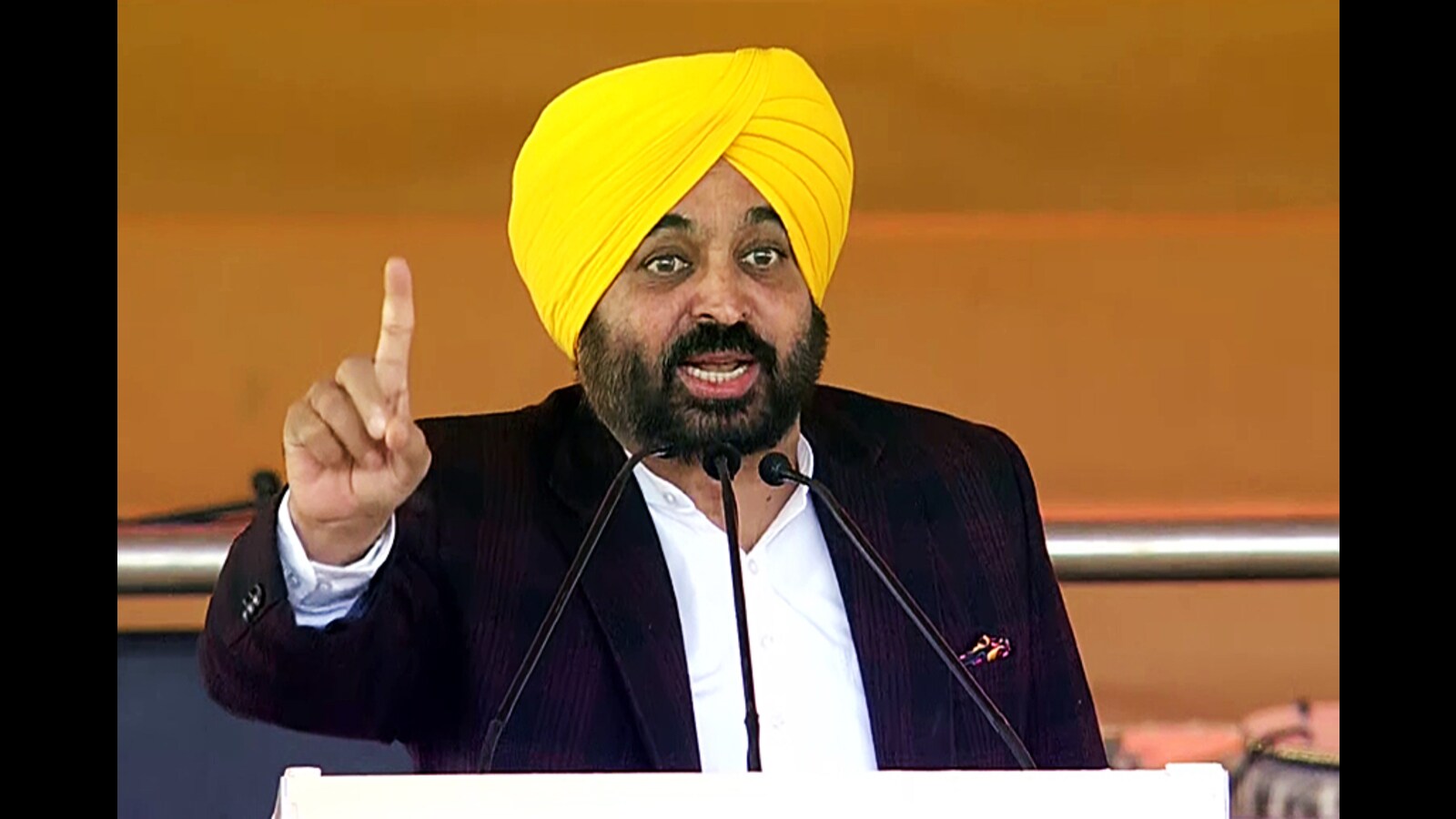
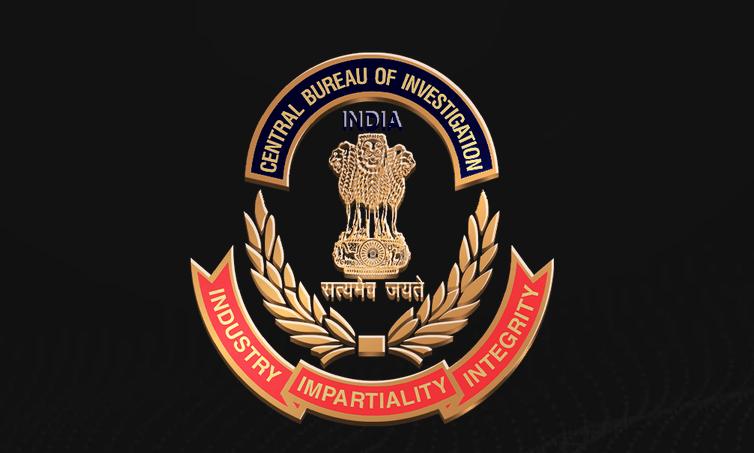
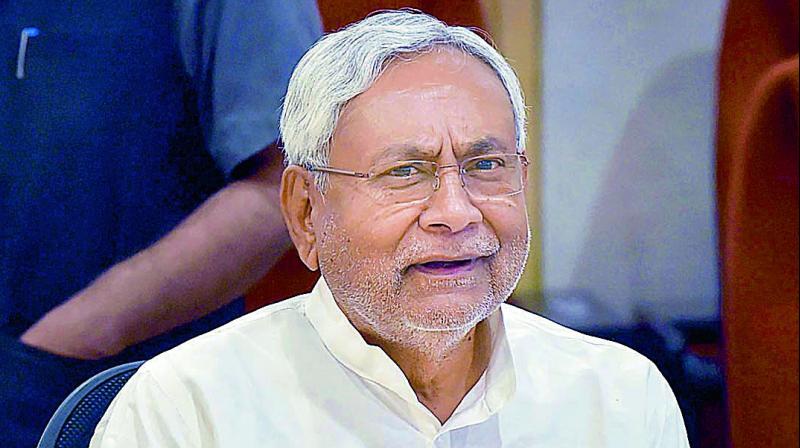



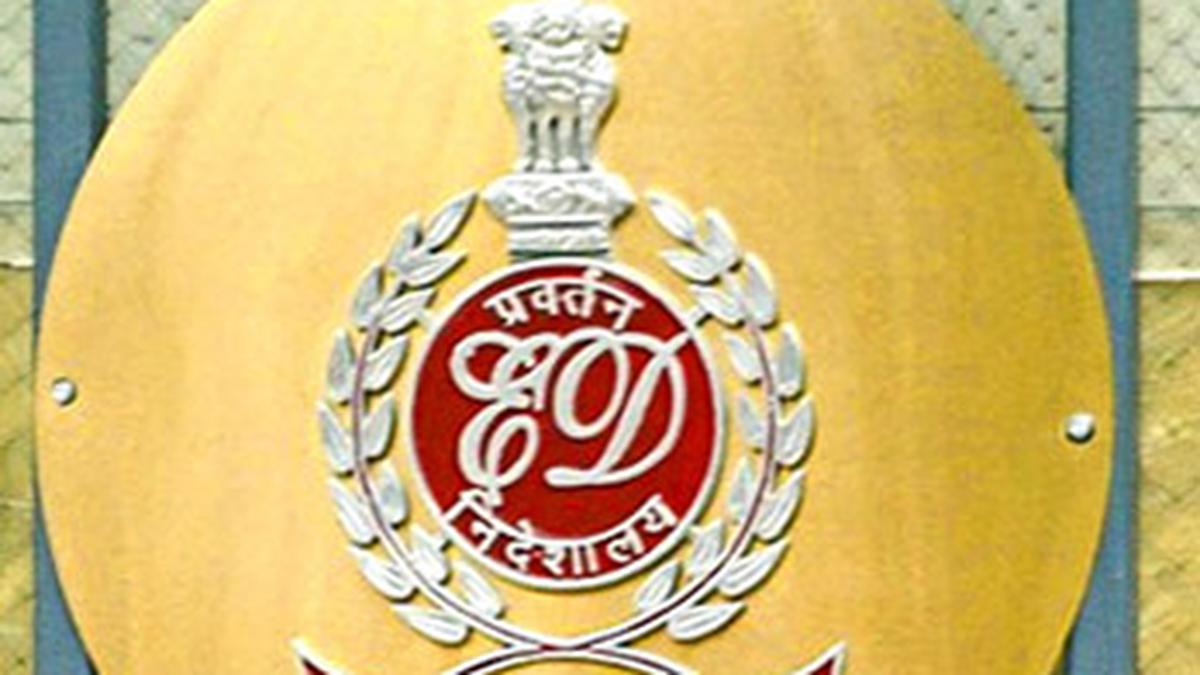
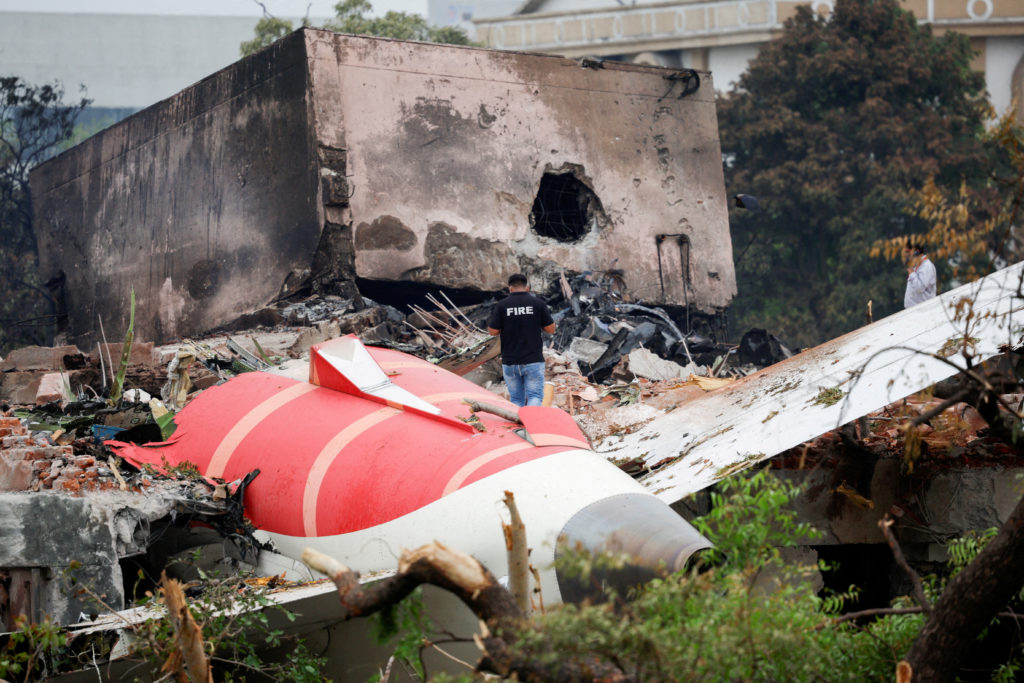

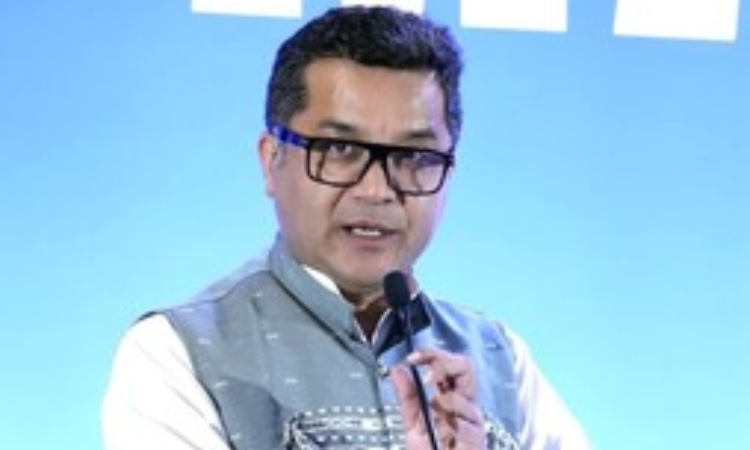
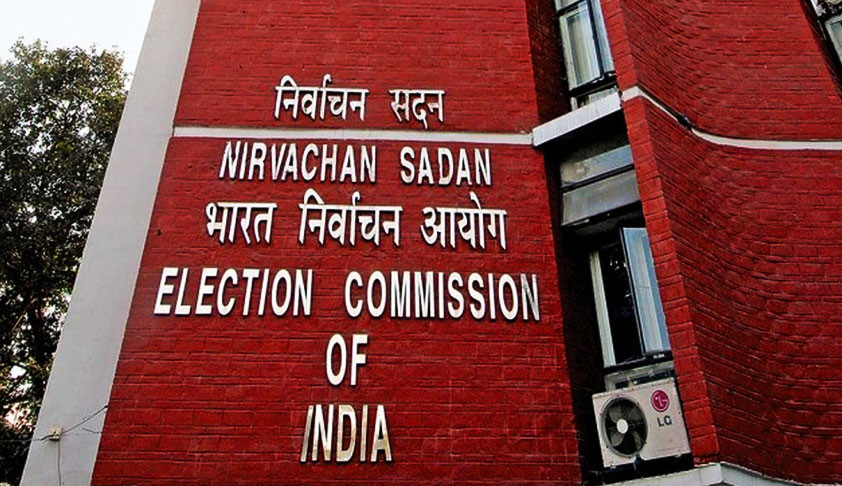



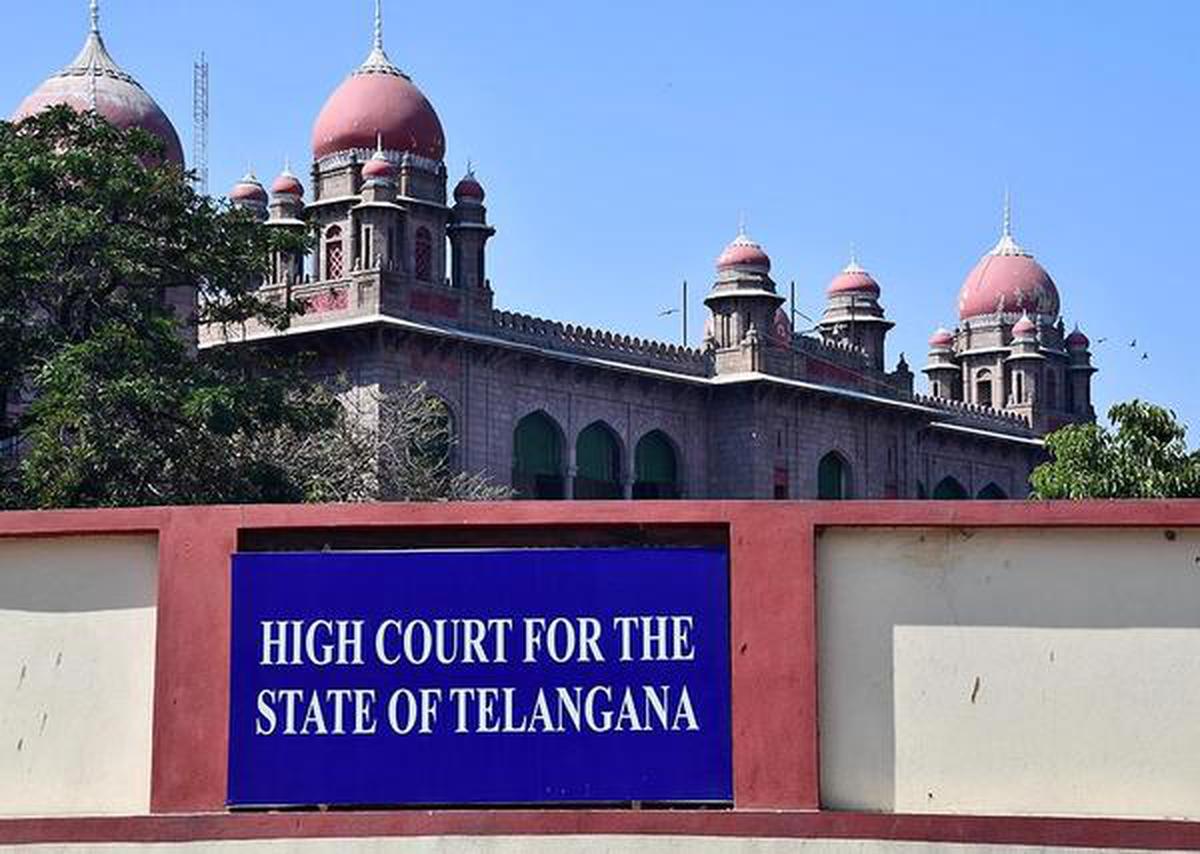

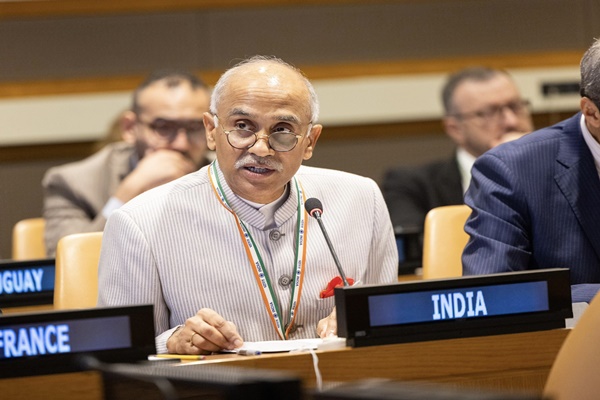

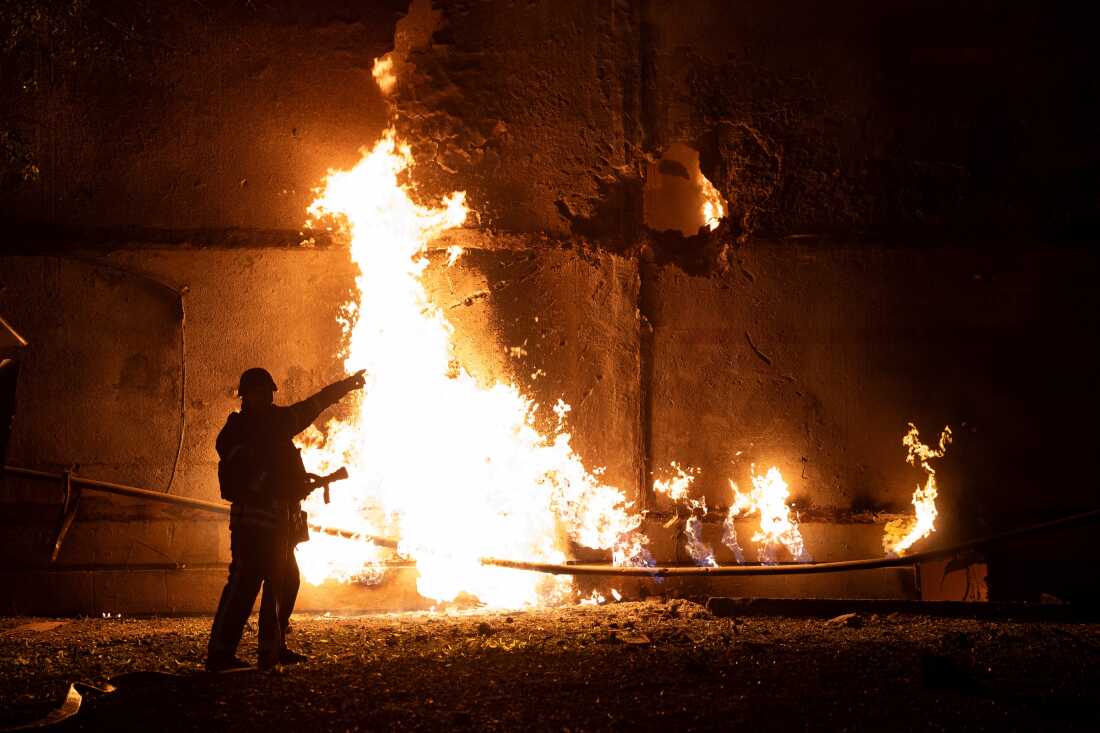



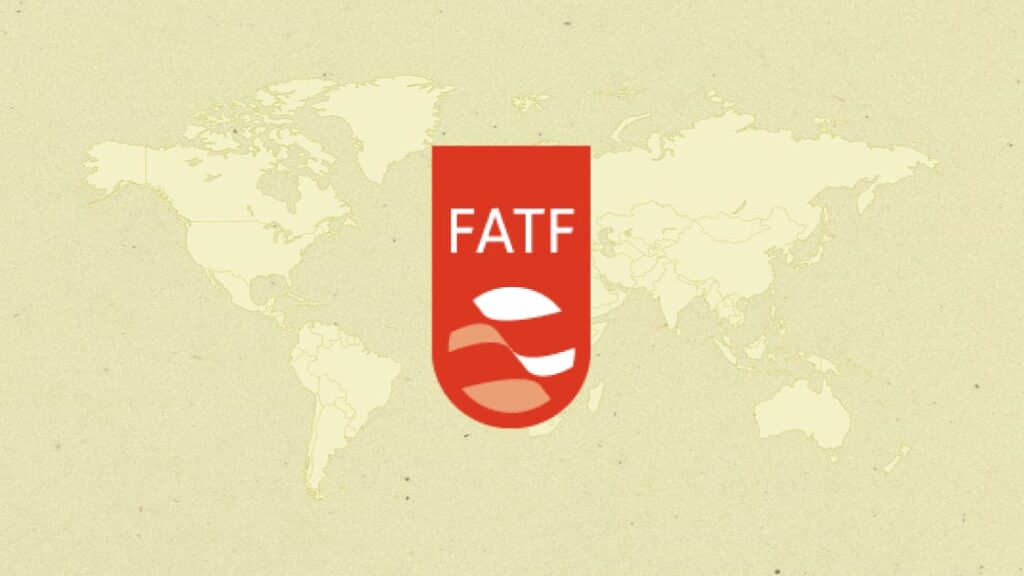
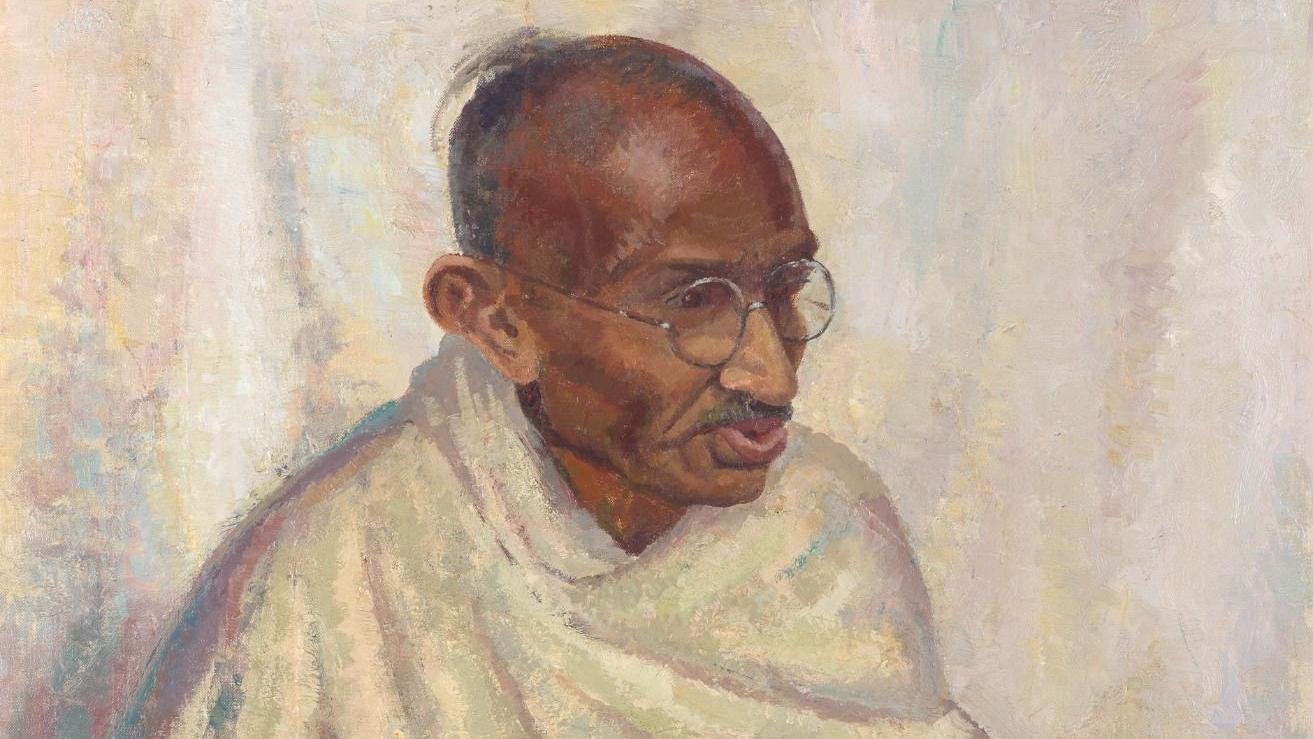

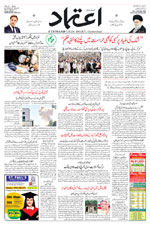




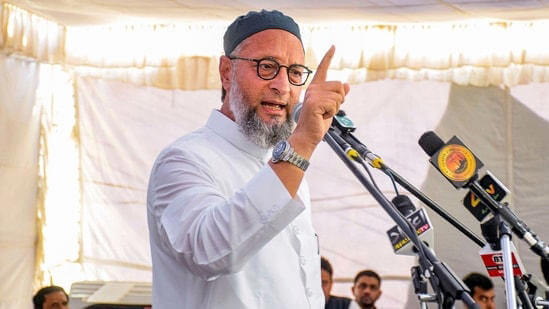
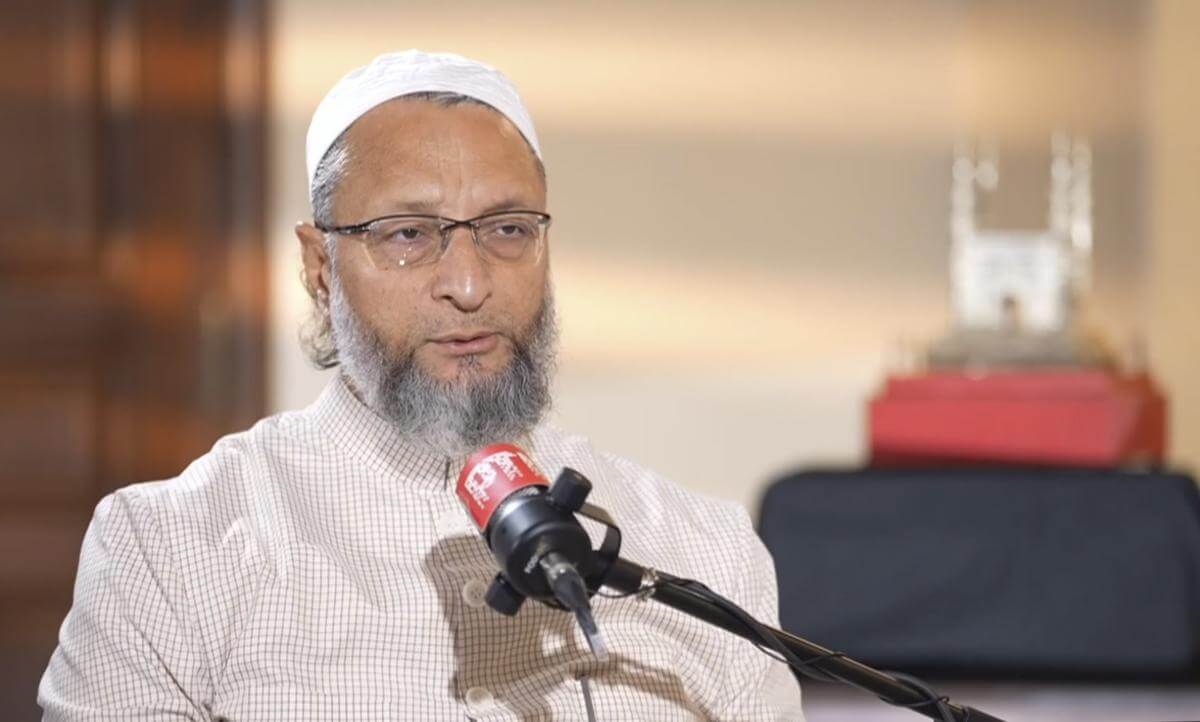
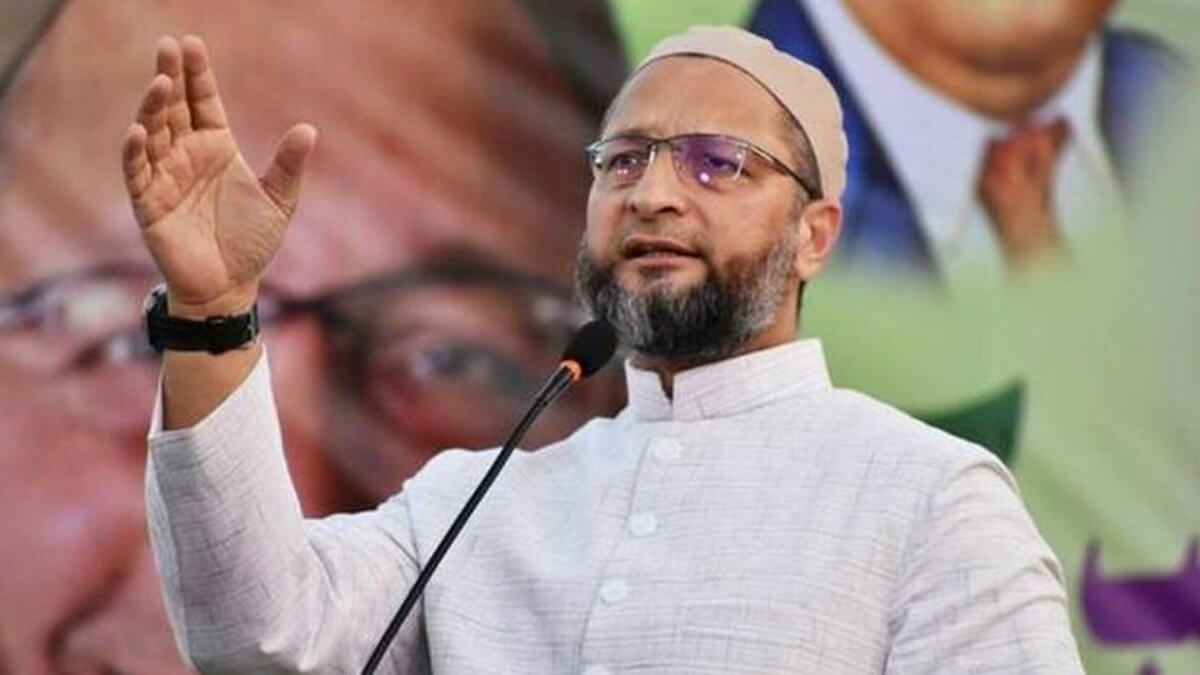
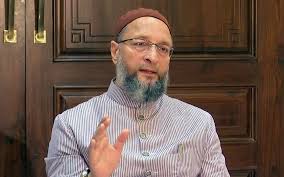
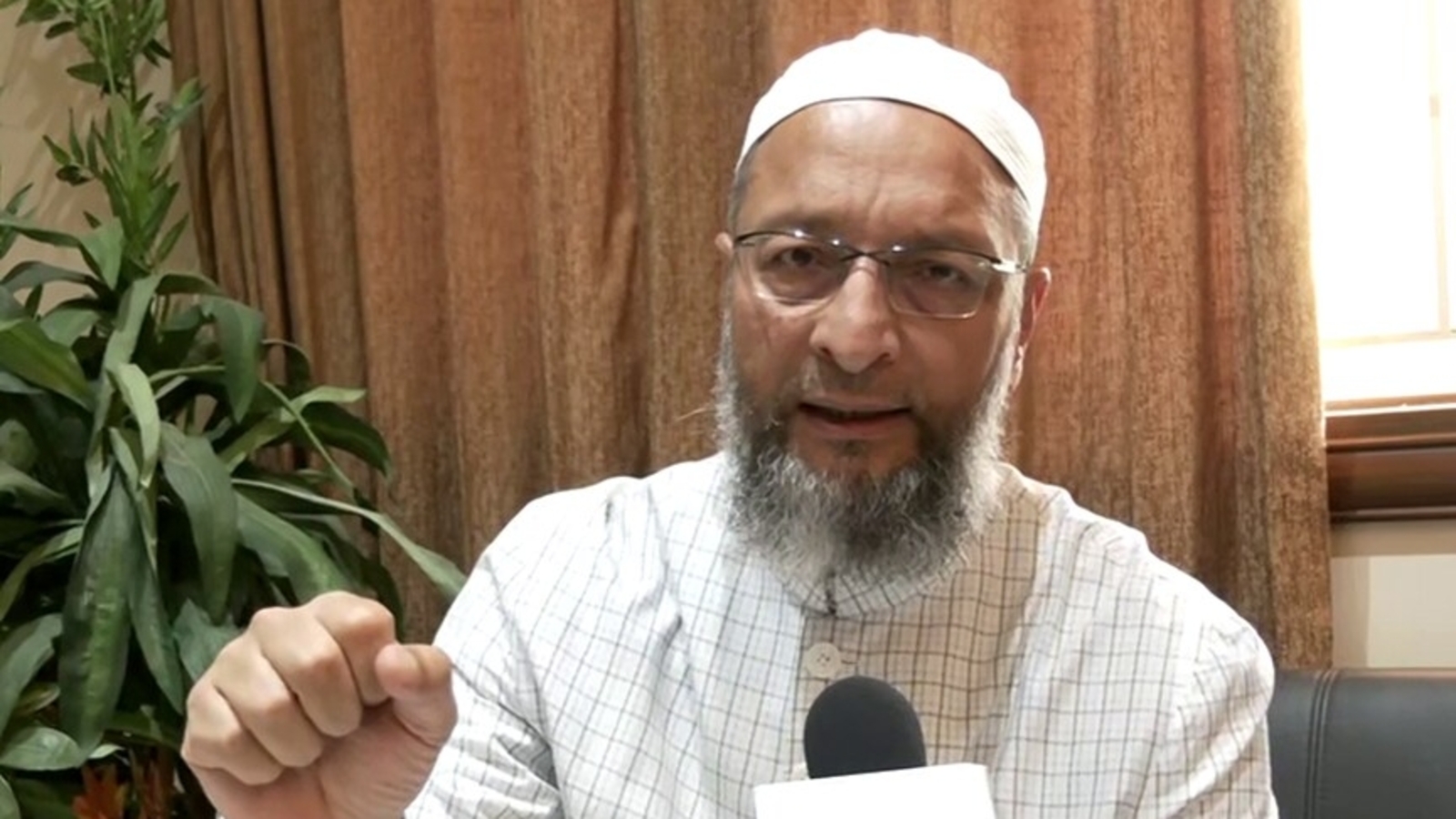
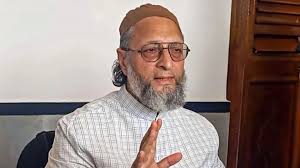
.jpg)




